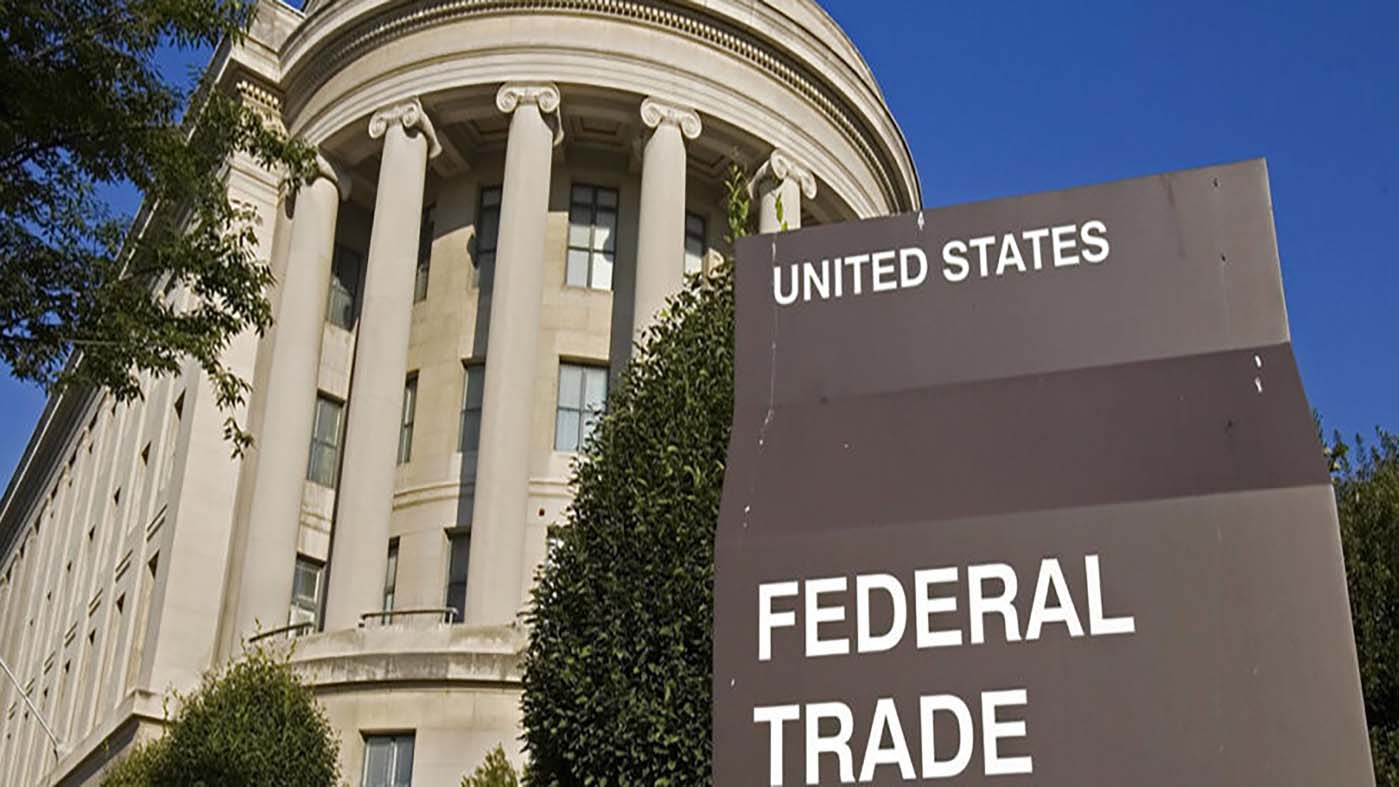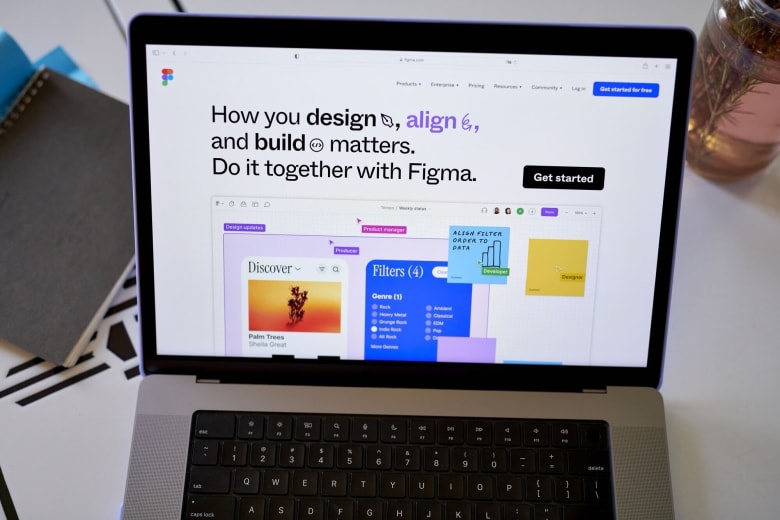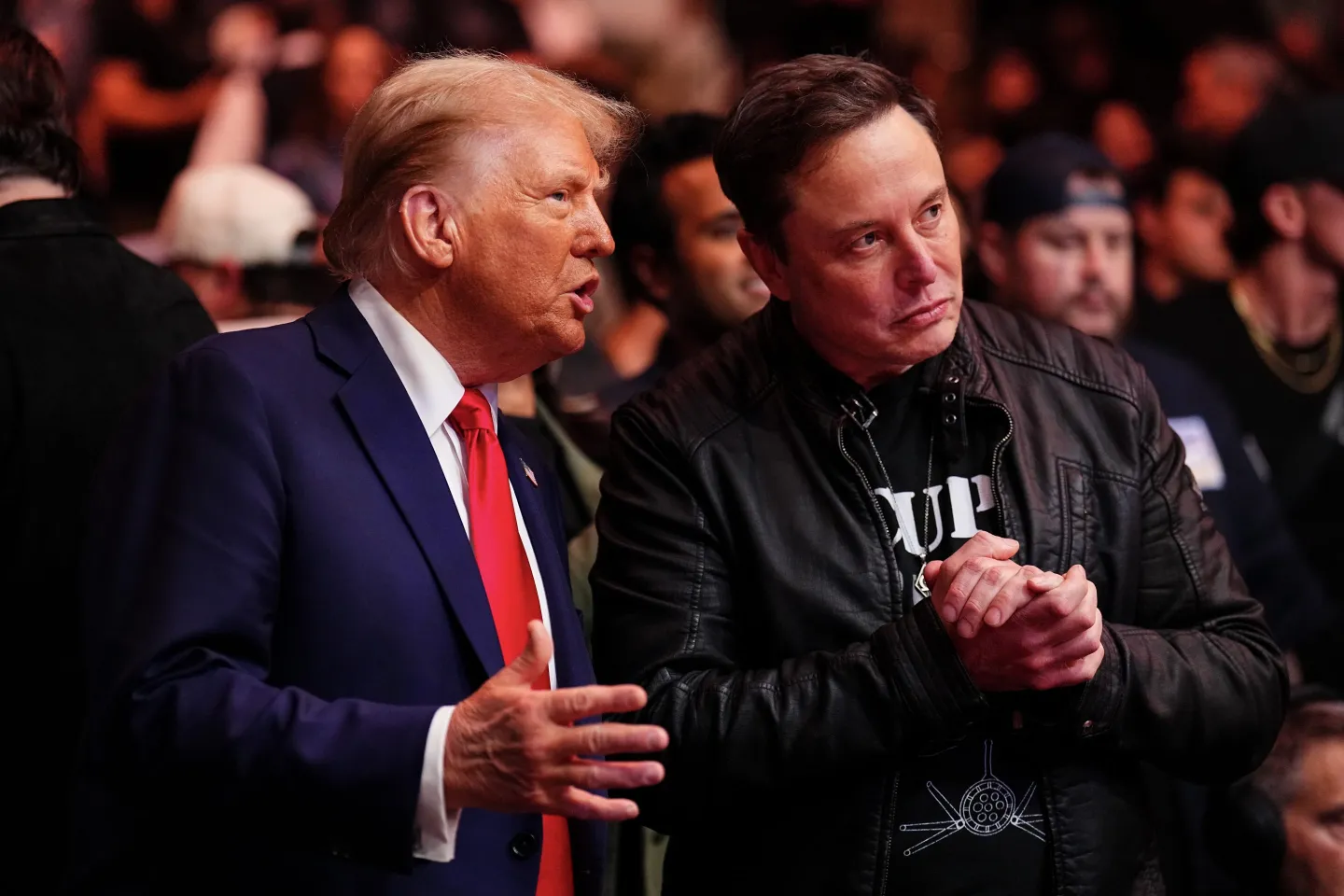FTC's Appeal Against Microsoft's Activision Blizzard Buyout

Table of Contents
The FTC's Core Arguments Against the Merger
The Federal Trade Commission (FTC) has launched a significant challenge to Microsoft's acquisition, arguing that the merger would create an unfair monopoly and stifle competition across several key sectors of the gaming landscape. Their concerns primarily center around the console gaming market, the rapidly expanding cloud gaming market, and the evolving world of game subscriptions.
Concerns Regarding Competition in the Console Gaming Market
The FTC's primary argument revolves around the potential for reduced competition in the console gaming market, specifically impacting the rivalry between Xbox and PlayStation. Activision Blizzard boasts a portfolio of incredibly popular and influential franchises, most notably Call of Duty, World of Warcraft, Candy Crush, and Overwatch. The FTC argues that making these titles exclusive to Xbox, or even making them significantly more advantageous on Xbox, would give Microsoft an unfair advantage, significantly harming PlayStation and potentially harming competition.
- Reduced consumer choice: Players could be forced to choose Xbox to access these key franchises.
- Higher prices for games: Without the competitive pressure of other platforms, prices could increase.
- Limited innovation: A lack of competition can stifle innovation and the development of new and exciting games.
Concerns Regarding Competition in the Cloud Gaming Market
Beyond consoles, the FTC expresses deep concern about the potential for Microsoft to leverage Activision Blizzard's powerful IP to dominate the burgeoning cloud gaming market. Microsoft's Xbox Cloud Gaming service, along with other cloud gaming platforms like Google Stadia and Amazon Luna, is rapidly evolving. The FTC fears that incorporating Activision Blizzard's titles into Microsoft's cloud gaming offering would give them an insurmountable advantage, effectively pushing out or severely hindering competitors.
- Market consolidation: Microsoft's dominance could lead to significant market consolidation, reducing consumer choice.
- Exclusion of competitors: Smaller cloud gaming providers could struggle to attract users without access to Activision Blizzard's popular games.
- Anti-competitive practices: The FTC argues that such a move would constitute anti-competitive practices, violating antitrust laws.
Concerns Regarding the Future of Game Subscriptions
The FTC is also wary of Microsoft's potential to leverage Activision Blizzard's catalog to solidify the dominance of its Game Pass subscription service. Game Pass already offers a compelling value proposition, and adding the breadth and depth of Activision Blizzard's titles would make it even more attractive to consumers. This, according to the FTC, would create an unfair advantage and significantly reduce the incentive for other subscription services to compete effectively.
- Unfair advantage for Game Pass: The addition of Activision Blizzard titles would give Game Pass an insurmountable lead.
- Reduced incentive for other services: Competitors might struggle to attract subscribers, potentially leading to a decline in innovation and competition.
- Limited game availability for consumers: Consumers might become overly reliant on a single subscription service, potentially limiting their access to diverse gaming experiences.
Microsoft's Defense Strategies
Microsoft has responded to the FTC's concerns with a multifaceted defense strategy, involving proposed solutions and strong legal arguments.
Microsoft's Commitments and Proposed Solutions
To mitigate the FTC's concerns, Microsoft has offered various concessions, including licensing agreements to ensure the continued availability of key titles like Call of Duty on competing platforms, and investments in cloud gaming infrastructure to ensure fair access for all. However, the effectiveness of these proposals remains a point of contention.
- Licensing agreements for Call of Duty and other titles: Microsoft has pledged to license Call of Duty and other key franchises to competitors for a period of ten years.
- Commitments to maintaining availability on other platforms: Microsoft has committed to ensuring the availability of these titles on other consoles and platforms.
- Investment in cloud gaming infrastructure: Microsoft has committed to further invest in its cloud gaming infrastructure to promote open competition.
Legal Arguments and Precedents
Microsoft's legal team is employing a robust defense, arguing that the merger will not lead to anti-competitive outcomes. They are relying on legal precedents and interpreting antitrust laws in a way that supports their acquisition.
- Arguments against market dominance: Microsoft argues that they do not currently hold market dominance and that the merger would not create a monopoly.
- Arguments for pro-consumer benefits: Microsoft is highlighting the potential benefits for consumers, such as more games and improved access to various gaming experiences.
- Relevant antitrust laws and their interpretation: Microsoft's legal team will meticulously scrutinize relevant antitrust laws and their application to this specific case.
Potential Outcomes and Implications
The outcome of the FTC's appeal remains uncertain, but several scenarios are possible.
Possible Scenarios
- Successful appeal: The deal could be blocked entirely or significantly modified, forcing Microsoft to renegotiate the terms with Activision Blizzard or abandon the acquisition completely.
- Unsuccessful appeal: The deal proceeds as planned, allowing Microsoft to fully integrate Activision Blizzard into its gaming ecosystem.
- Negotiated settlement: The FTC and Microsoft might reach a negotiated settlement, leading to modifications to the deal that address the FTC's concerns.
Long-Term Effects on the Gaming Industry
The FTC's decision will have far-reaching consequences for the gaming industry.
- Consolidation vs. competition in the market: The outcome will significantly impact the balance between market consolidation and competition in the gaming sector.
- Impact on game pricing and subscription models: The decision could influence the pricing of games and the future trajectory of subscription-based gaming services.
- Effect on the future of cloud gaming: The ruling will be a major factor in determining the competitive landscape of the rapidly developing cloud gaming market.
Conclusion
The FTC's appeal against Microsoft's Activision Blizzard buyout is a complex and critical case with substantial implications for the future of the gaming industry. The FTC's concerns about reduced competition, particularly in the console, cloud, and subscription markets, are significant. However, Microsoft's defense strategy, including proposed concessions and legal arguments, presents a compelling counter-narrative. The potential outcomes – a blocked deal, a modified acquisition, or an outright victory for Microsoft – will shape the landscape of gaming for years to come. Follow the developments of this critical FTC's appeal closely to stay updated on the impact of Microsoft's Activision Blizzard acquisition and its profound effects on the future of the gaming industry.

Featured Posts
-
 Apples Ai Crossroads Innovation Or Obsolescence
May 09, 2025
Apples Ai Crossroads Innovation Or Obsolescence
May 09, 2025 -
 High Babysitting Costs A Case Study Of Unexpected Daycare Expenses
May 09, 2025
High Babysitting Costs A Case Study Of Unexpected Daycare Expenses
May 09, 2025 -
 The Impact Of Figmas Ai On Adobe Word Press And Canva
May 09, 2025
The Impact Of Figmas Ai On Adobe Word Press And Canva
May 09, 2025 -
 Deutsche Bank Dbk Bolsters Defense Finance Expertise With New Deals Team
May 09, 2025
Deutsche Bank Dbk Bolsters Defense Finance Expertise With New Deals Team
May 09, 2025 -
 100 Days Of Trump How Did It Change Elon Musks Fortune
May 09, 2025
100 Days Of Trump How Did It Change Elon Musks Fortune
May 09, 2025
